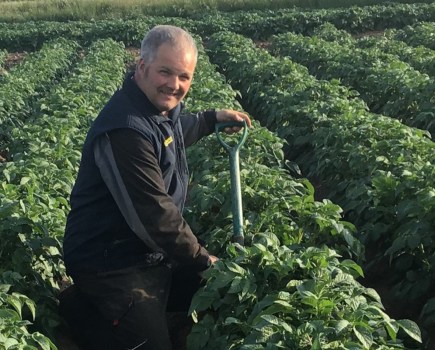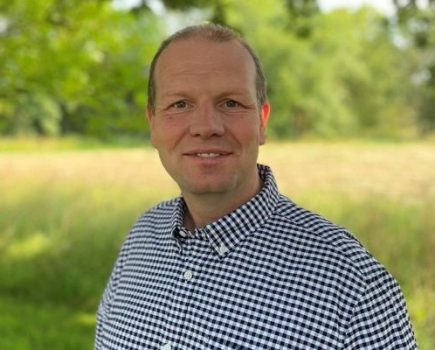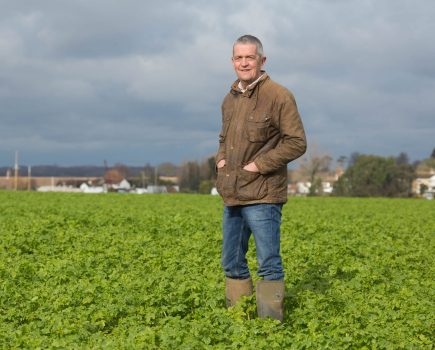
Hay has at last been made and combines are rolling. It’s been an odd season from start to finish and it’s not looking like a bumper harvest, with specific weights reported to be down so far. But with thoughts turning to a new season and drilling oilseed rape, those who’ve stuck through thick and thin with the crop face more than their fair share of stewardship issues.
There was a time when the word ‘stewardship’ pretty much heralded the impending departure of an active ingredient. The death knell had sounded and it was just a matter of time. These days, stewardship campaigns are two a penny, with EU water policies forcing the pace somewhat. But things seem to have changed. You might even say that they’re working.
More pertinent to most is metaldehyde. Who’d have thought it’d still be around eight years after problems were first picked up in water catchments. Stewardship was surely bound to fail, just like it did with IPU. Instead, we’ve created dialogue with the suppliers of drinking water, where previously none existed. What’s more, they’re supporting growers in making changes that may safeguard active ingredients for the rest of the farming industry. That’s an amazing success story.
Instead of an impending sense of doom, stewardship seems to have given birth to a whole new phenomenon. It was with a hint of amusement that I witnessed a case of stewardship envy for the first time last month. A farmer with land just outside a drinking water safeguard zone was bemoaning the fact that his neighbours with fields deemed ‘high risk’ had benefited from a grant scheme from the local water company. The object of his envy was a brand spanking new sprayer wash-off facility kindly paid for by the very same water company that supplies him. Of course it’s not fair.
But then it won’t be fair if the new metaldehyde product label (assuming there’ll be one) stipulates it can only be used outside of drinking water catchments – an outcome deemed highly likely by sources in the industry. Presumably if that happens, envy will soon give way to a sense of smugness that they still have choices where it comes to slug pellets…
Although the sprayer wash-off facility deals with point-source contamination, which incidentally isn’t the main pollution pathway for metaldehyde, the water companies need to sweeten the deal where grower cooperation is relied on. That’s why some are effectively paying growers to either use ferric phosphate instead or giving them ‘environmental payments’ for keeping water supplies clean.
Whatever your viewpoint on the EU, surely their clean-up policies on water have been a good thing, even if it does mean a rethink on some farming practices and a whole lot of applicator training. Being a custodian of the land for future generations is a huge responsibility and sometimes there’s a difficult balance to be found when also trying to run a successful business, especially if change is costly. It’s great that some growers who, by virtue of their location, are critical to the success or failure of stewardship and are being supported to make improvements.
A bone of contention will always be where the line in the sand should be drawn. For pesticides that’s the 0.1ppb threshold for any one active substance. Admittedly it’s an arbitrary figure but the ideal is surely right.
Some Brexiteers hold the vain hope that now we’ll be able to get back to farming and stop endlessly worrying about the environment. Don’t hold your breath, those days are long gone. I reckon it’s pretty unlikely that the UK will deviate from the standards set for water by the rest of the EU – already enshrined in our own legislation. In fact, I’ll metaphorically happily ‘eat my hat’ if red tape becomes less rather than more. I predict stewardship envy to become more prevalent rather than less.
Even if metaldehyde eventually goes, we’re in a better position now to help safeguard other actives. The water companies have invested heavily in catchment management, putting boots on the ground in many areas. They need to make it work as much as we do!
Based in Ludlow, Shrops, Lucy de la Pasture has worked as an agronomist and has a nice line in edible hats.




